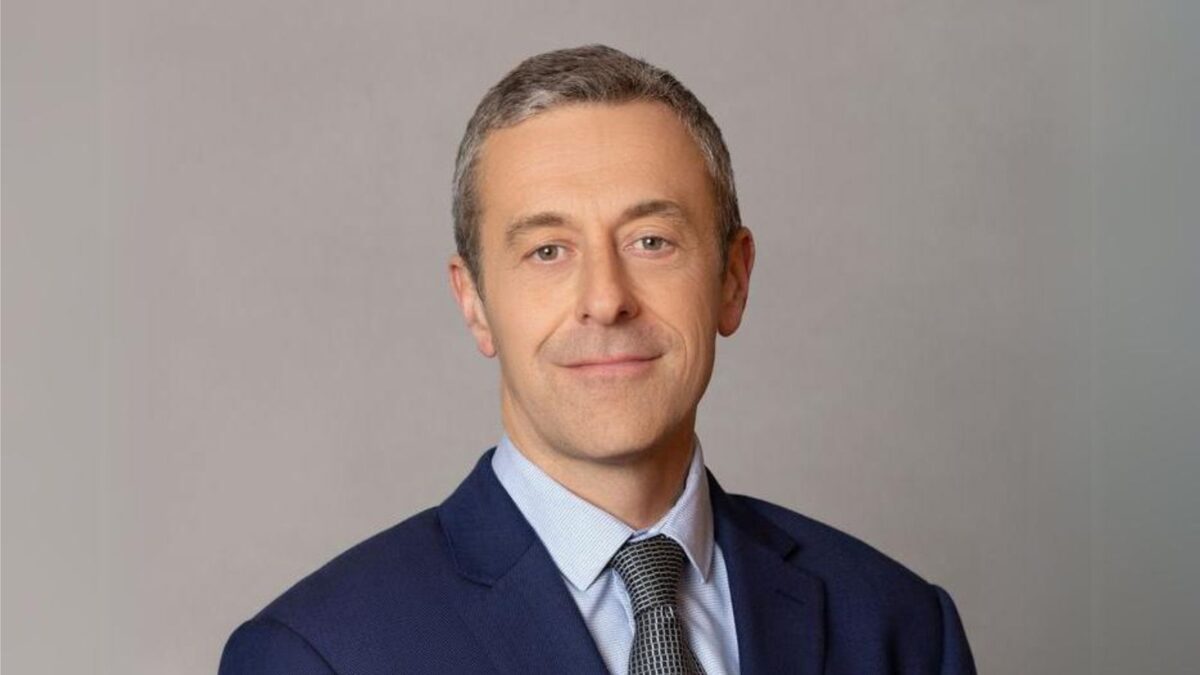You can win with average active global share funds… but there’s a catch
by David Chaplin
A new study has found backing just average active global equity funds managers can pay off – but only for institutional investors.
According to the just-published research, co-authored by Russell Investments Asia-Pacific senior investment strategist, Graham Harman, the 143 global equity funds in the study sample outperformed their benchmark on average by 1.2 to 1.4 per cent.
“These numbers comfortably exceed the fees typically paid by institutional accounts, which can include individual investors through retirement or other omnibus accounts,” the study says, “but not the fees paid by many investors in retail accounts.”
The analysis, published in the CFA Institute’s ‘Financial Analyst Journal’ 2017 first quarterly edition, also concludes most of the average fund outperformance was due to “selecting stocks that outperform their country benchmarks in local currencies” and exposure to emerging markets.
However, the study, which analysed the performance of the 143 funds over 2002 to 2012, found little evidence of manager skill in either country selection or currency management.
Based on the findings, the report says institutional investors capable of tapping into low-cost segregated accounts “are justified in considering active management in global equity markets”.
Furthermore, the study says investors should look for global equity managers with bottom-up stock selection skills and emerging markets capabilities.
“In contrast, the case for investing with top-down managers who focus on country selection remains to be established,” the report says. “Although a top-down approach could possibly be successful, our analysis suggests that these skills are not broadly held among global equity managers.”
The results also suggest global equity funds should separate out forex exposure management “perhaps via currency hedging or currency overlays”.
While the study found outperformance was possible by simply picking average global equity managers, it suggests savvy investors could squeeze further outperformance with a little effort.
“Institutional investors may be able to do better with active management than a random draw if they possess manager selection skill or if manager choice can be improved by conditioning on information about, for example, past performance or manager characteristics,” the report says.
As well as Harman, the ‘Global equity fund performance: an attribution approach’ study’s authors include: Sydney-based academic and the head of the now-closed Centre for International Finance and Regulation (CIFR), David Gallagher; former CIFR researcher, Camille Schmidt; and, CIFR research director, Geoff Warren.
– Investment News New Zealand








